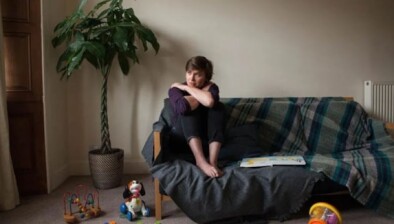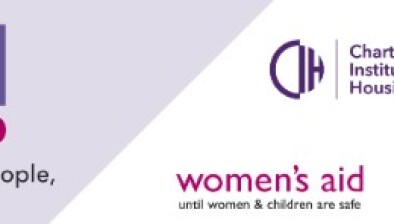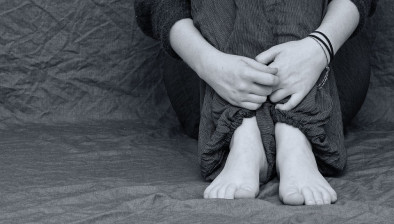SFHA in favour of power to evict domestic abuse perpetrators
The Scottish Federation of Housing Associations (SFHA) has backed proposals from the Scottish Government that would allow social landlords to end the tenancies of those who commit domestic abuse.

Ahead of giving evidence to the Scottish Parliament’s justice committee on the Domestic Abuse (Protection) (Scotland) Bill today, the Scottish Federation of Housing Associations (SFHA) said the legislation could also give social landlords more confidence about when to intervene and would send out a message of “zero tolerance” to abusers.
SFHA senior policy manager Stacey Dingwall said: “We are supportive of an additional power being made available to social landlords to enable the removal of a domestic abuse perpetrator’s interest in a Scottish secure tenancy in order to protect the victim. Domestic abuse is clearly a complicated issue, and the introduction of this power – and Scottish Government guidance, if the bill passes – would provide social landlords with more confidence with regards to how, and when, to appropriately intervene.
“The power would also, crucially, support a message of zero tolerance to perpetrators, in that they risk losing their home if domestic abuse happens. It also removes the onus from the victim to take action, if their landlord has the power to remove the perpetrator’s interest or to transfer the tenancy.
“The requirement to provide information and assistance to the evicted tenant, as opposed to a duty to rehouse them, is welcomed. While we support the intention that no one should be evicted into homelessness, the priority must be to offer support to the victim to safely sustain their tenancy.
“Social landlords must be able to work with other agencies in order to protect the safety of the tenant remaining in the home. Therefore, should the bill pass, the government’s guidance must offer support for social landlords to enable partnership working, including with organisations able to provide assistance to the evicted tenant.”
The SFHA said it would be critically important that social landlords are able to contribute to the shaping of guidance, if the bill passes. Such guidance would be crucial to support social landlords to develop the policies and protocols recommended in the recent report by Scottish Women’s Aid and CIH Scotland on improving outcomes for women and children experiencing domestic abuse.
Stacey Dingwall concluded: “If the bill passes, we will work with the Scottish Government to develop guidance for social landlords which we hope would address the issues we have highlighted and help our members to develop appropriate policies to support tenants who are victims of domestic abuse.”






